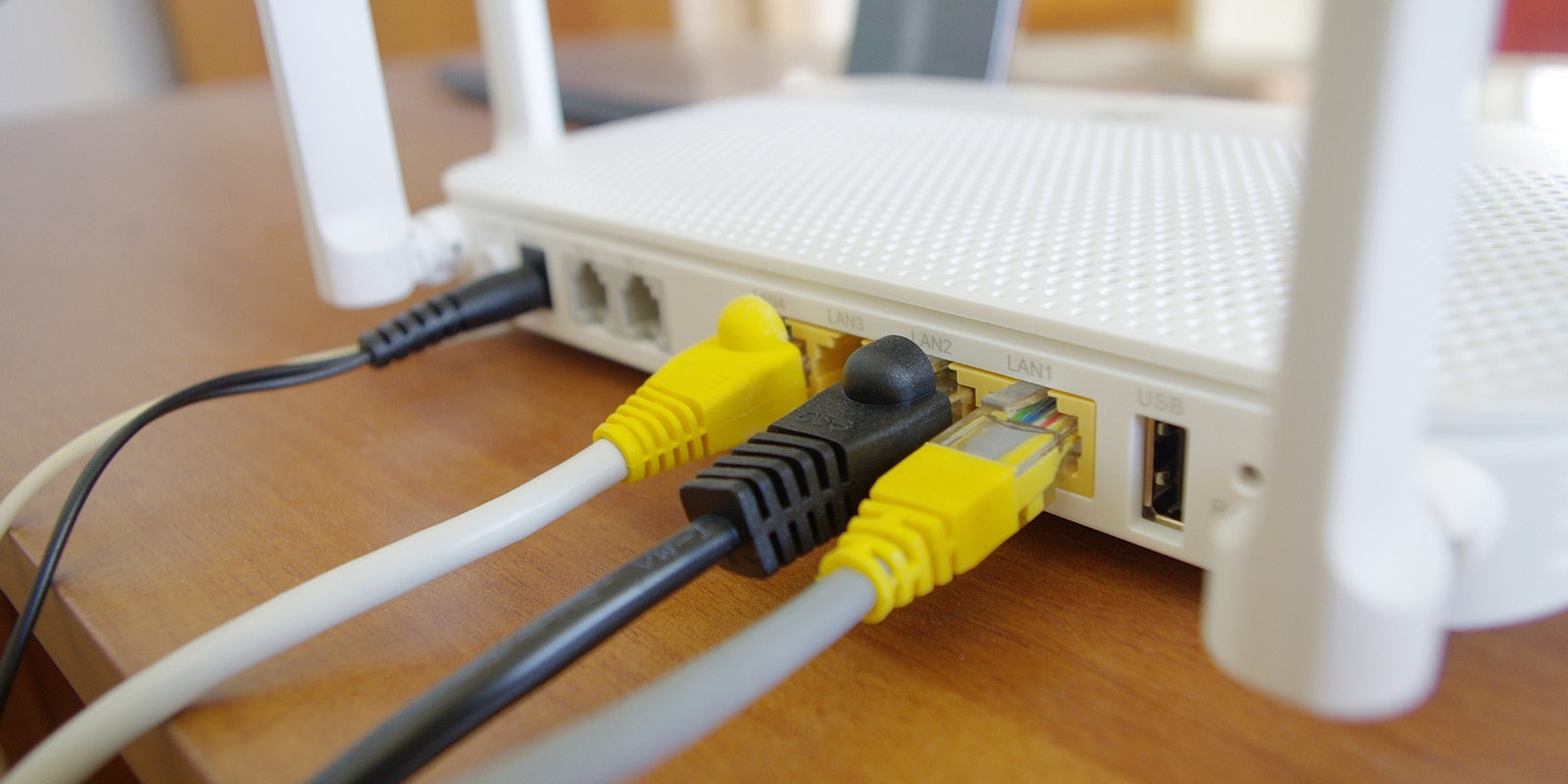Washington state’s legislature voted to get rid of restrictions that barred municipal broadband from being offered in the state.
State Rep. Drew Hansen (D), the lead sponsor of the Public Broadband Act, said the bill “reverses decades of bad policy” and noted that Washington was one of 18 states that have laws that bar local governments from offering broadband to residents.
The Public Broadband Act passed in the state’s House on Feb. 23 and passed in the state Senate on Sunday in a 27-22 vote. The bill awaits a signature from Gov. Jay Inslee, a Democrat and former 2020 presidential candidate.
“BREAKING: Wash. Senate just passed my Public Broadband Act (HB1336),” Hansen tweeted on Sunday, along with several fire emojis. “Thanks to the parents, teachers, students, public utility districts, tribes, activists, 1000+ people signing in support (!) and more. WE did this; amazing team effort. Public Broadband Now!!!”
Hansen added: “This bill reverses decades of bad policy—Washington was one of only 18 states with a STATE LAW prohibiting some local governments from offering broadband directly to the public. Long overdue. Thanks to the BIPARTISAN group of Senators who stood up for public broadband today!!”
The move comes as municipal and community broadband has received some national attention. President Joe Biden unveiled a $100 billion broadband plan as part of his sweeping infrastructure proposal. The plan prioritizes “networks owned, operated by, or affiliated with local governments, non-profits, and co-operatives.”
Community and municipal broadband has been pushed by many tech advocates as a way to provide people in the U.S. with more options for who they decide to get internet from. The networks allow for more competition, and thus, lower prices for consumers.
BroadbandNow notes that five states, including Washington, have introduced bills to ease municipal broadband restrictions. Arkansas passed its bill in February, but a bill in Montana failed.
Read more of the Daily Dot’s tech and politics coverage
Washington state’s legislature voted to get rid of restrictions that barred municipal broadband from being offered in the state.
State Rep. Drew Hansen (D), the lead sponsor of the Public Broadband Act, said the bill “reverses decades of bad policy” and noted that Washington was one of 18 states that have laws that bar local governments from offering broadband to residents.
The Public Broadband Act passed in the state’s House on Feb. 23 and passed in the state Senate on Sunday in a 27-22 vote. The bill awaits a signature from Gov. Jay Inslee, a Democrat and former 2020 presidential candidate.
“BREAKING: Wash. Senate just passed my Public Broadband Act (HB1336),” Hansen tweeted on Sunday, along with several fire emojis. “Thanks to the parents, teachers, students, public utility districts, tribes, activists, 1000+ people signing in support (!) and more. WE did this; amazing team effort. Public Broadband Now!!!”
Hansen added: “This bill reverses decades of bad policy—Washington was one of only 18 states with a STATE LAW prohibiting some local governments from offering broadband directly to the public. Long overdue. Thanks to the BIPARTISAN group of Senators who stood up for public broadband today!!”
The move comes as municipal and community broadband has received some national attention. President Joe Biden unveiled a $100 billion broadband plan as part of his sweeping infrastructure proposal. The plan prioritizes “networks owned, operated by, or affiliated with local governments, non-profits, and co-operatives.”
Community and municipal broadband has been pushed by many tech advocates as a way to provide people in the U.S. with more options for who they decide to get internet from. The networks allow for more competition, and thus, lower prices for consumers.
BroadbandNow notes that five states, including Washington, have introduced bills to ease municipal broadband restrictions. Arkansas passed its bill in February, but a bill in Montana failed.


